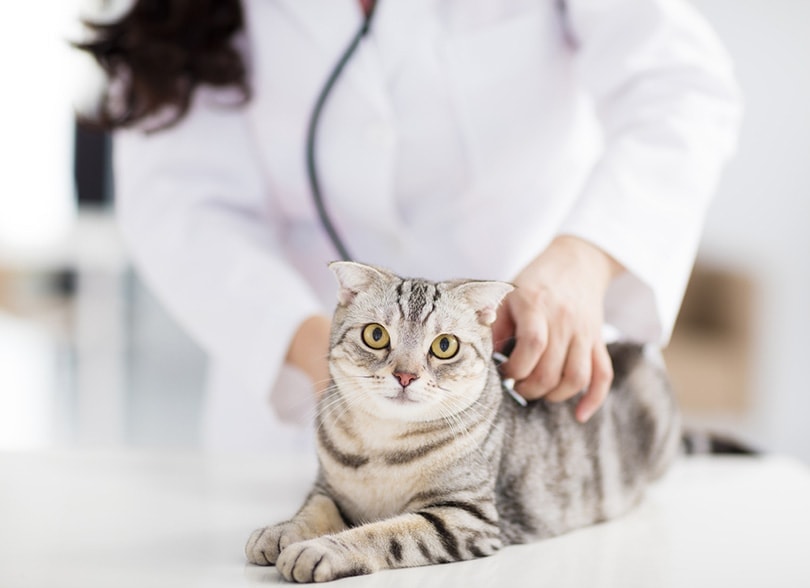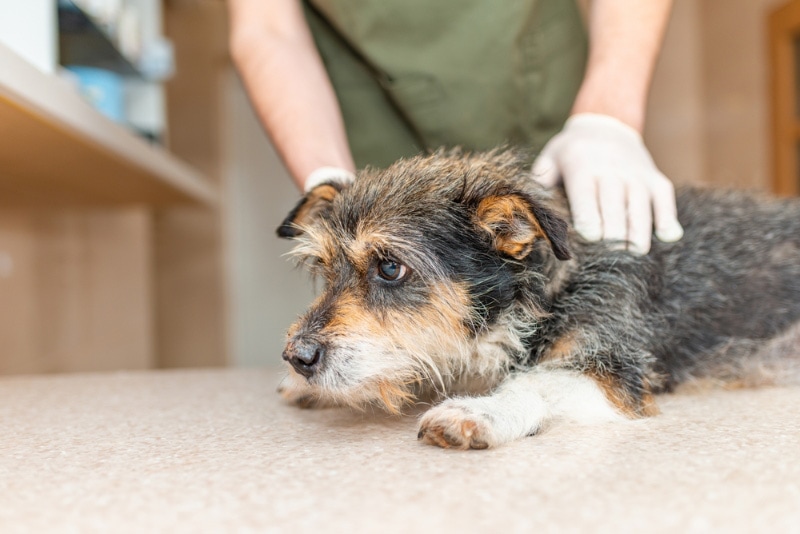Potassium Supplements for Cats: Uses & Side Effects (Vet Answer)
Updated on
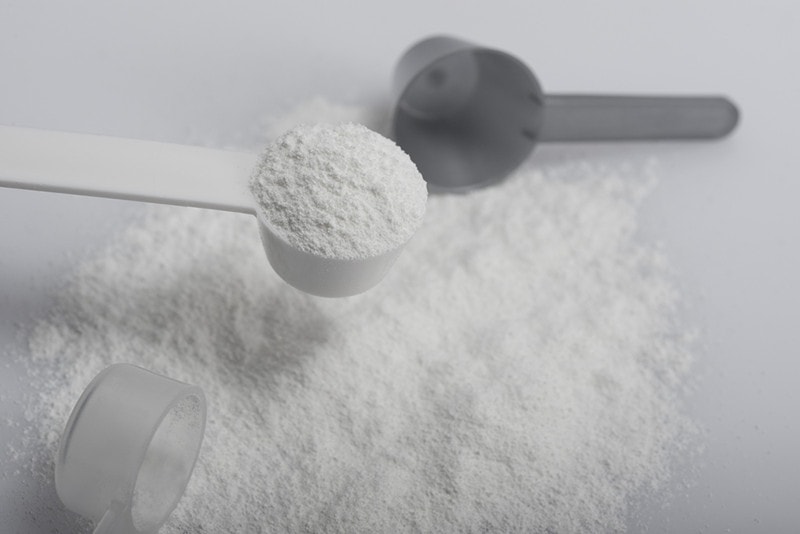
Click to Skip Ahead
Potassium is an important electrolyte for many functions in the body, including the functioning of the nerves, muscles, and the heart. Potassium is essential for humans as well as cats. When the blood concentration of potassium is too low, the condition is called hypokalemia. Low potassium or hypokalemia can occur in cats who are sick with a disease that is causing fluid loss, such as kidney disease or gastrointestinal disease.
Potassium supplements are available for cats, and your vet can recommend the correct dosage. In this article, we will go over the importance of potassium, signs of low potassium, and information about potassium supplements.
What Is Potassium?
Potassium is an essential electrolyte that supports a body’s normal functions. It is an important component in helping nerve and muscle cells to function normally.
Once hypokalemia is diagnosed in a cat, a veterinarian may recommend potassium supplementation to support the cat’s body. In severe cases of hypokalemia, a cat may need to be hospitalized and be given intravenous fluids and potassium supplementation via an intravenous catheter.
In less severe cases of hypokalemia, a veterinarian may recommend potassium supplementation via dietary changes or special supplements. Continuous dietary supplementation may be necessary for the long-term management of hypokalemia, especially in cats with chronic kidney disease.
A special potassium supplement (usually potassium gluconate or potassium citrate) may need to be given to a cat to achieve and maintain a healthy electrolyte balance. Most of these supplements are well tolerated by cats who have hypokalemia.
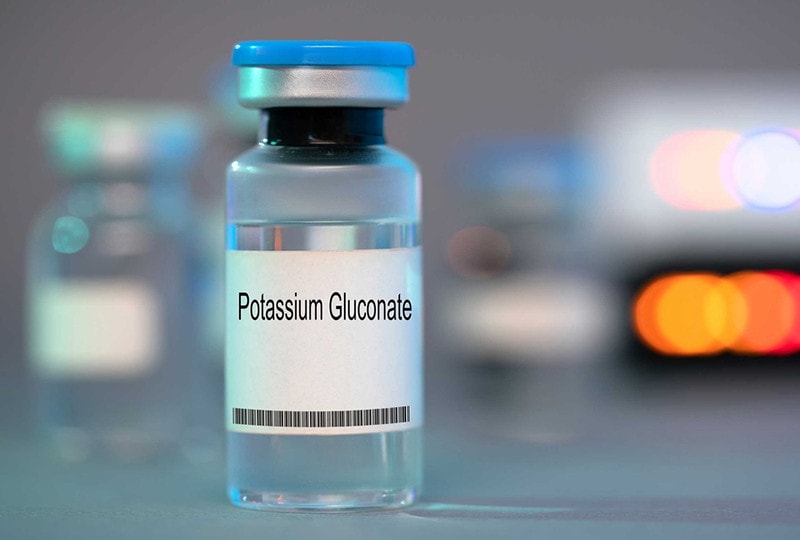
What Happens When a Cat Has Low Potassium?
When a cat’s potassium is too low, it can cause various clinical signs, such as lethargy and muscle weakness. A classic sign is a cat hanging its head low, looking like it is too tired to hold its head upright. Other common clinical signs associated with low potassium and its related disorders can include:
- Lethargy
- Vomiting or diarrhea
- Increased water consumption and urination
- Poor appetite
- Weight and muscle loss
- Weakness
- Poor coordination (inability to stand and walk normally)
- Heartbeat irregularities or cardiac arrest
- Difficulty breathing
- Poor growth
- Poor hair coat
In cases of chronic kidney disease, many cats will need to be supplemented with potassium to maintain a healthy electrolyte balance for essential bodily functions.
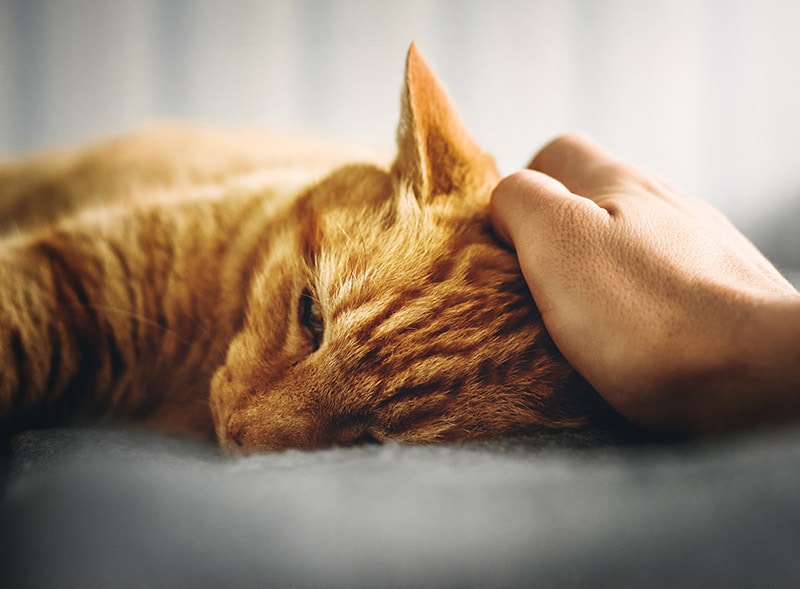
How Is Potassium Given?
Potassium supplements can be given in the short term, for example, for cases when a cat is experiencing hypokalemia from a diarrheal disorder. The supplement may be given until signs resolve and normal levels are achieved again. And, like all supplements, these should be given under the guidance from your vet.
In cases where a cat is at risk for chronic hypokalemia due to an ongoing condition like chronic kidney disease, potassium supplements may need to be given long-term to achieve and maintain a healthy electrolyte balance.
Potassium gluconate or potassium citrate supplements typically come as a liquid, gel/paste, or powder. The supplement is often given twice daily by mouth (either directly in the mouth or mixed into the cat’s food). It is important to closely follow your veterinarian’s directions when starting and giving potassium supplements.
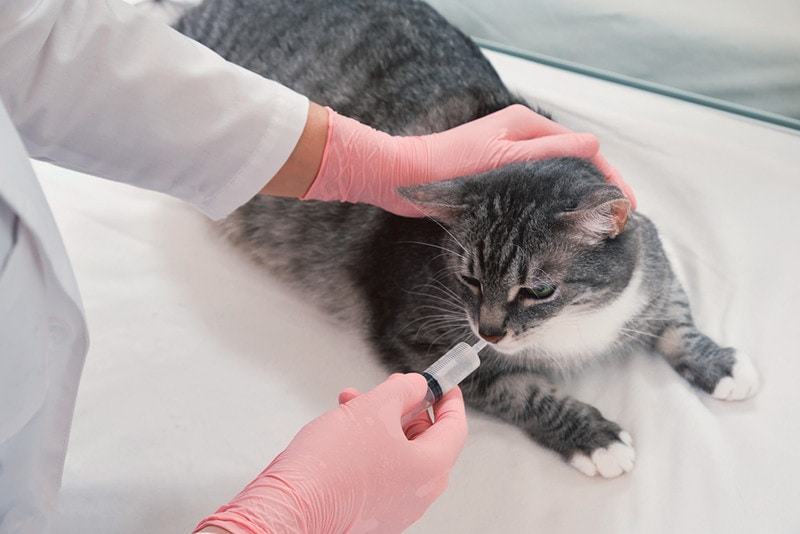
What Happens If You Miss a Dose?
Generally speaking, it is okay if you accidentally miss a dose of the potassium supplement. You can just begin dosing at the time of the next scheduled dose. Do not give your pet two doses at once. It is important to not give too much of the supplement, give to a pet that has high potassium levels, or give to a pet that has certain conditions such as cardiac disease. It is always advised to have the potassium levels routinely monitored by your veterinarian.
Potential Side Effects of Potassium
Potential side effects of too much potassium supplementation may include:
- Muscle weakness
- Lethargy
- Gastrointestinal upset (vomiting, diarrhea, and poor appetite)
In more extreme situations of potassium overdose (causing hyperkalemia), some animals may experience cardiac problems such as irregular heartbeats or cardiac arrest.
Potassium gluconate or potassium citrate supplements may interact with certain medications. It is best to consult closely with your veterinarian if your cat is on any of the following types of medications:
- Non-steroid anti-inflammatories (NSAIDs)
- Mineralocorticoids
- Glucocorticoids
- Diuretics
- Angiotensin-converting-enzyme (ACE) inhibitors
- Anticholinergics
- Corticotropin
 Frequently Asked Questions (FAQs)
Frequently Asked Questions (FAQs)
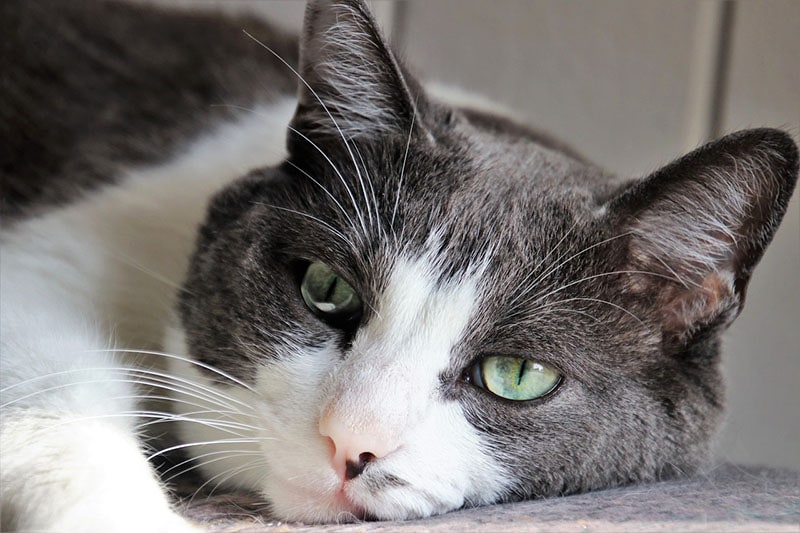
When should potassium supplements in cats not be used?
Because of the adverse effects high blood potassium levels (hyperkalemia) can have on the body, it is important that potassium supplements not be given to cats that already have hyperkalemia, severe kidney disease, untreated Addison’s disease, acute dehydration, and when a cat’s gastrointestinal tract’s mobility is impaired. It is also important to know that potassium supplements are not given to a cat who is taking other specific medications as listed above.
How can I monitor my cat while on potassium supplements?
If your veterinarian recommends and prescribes potassium supplements for your cat, it is important to visit your veterinarian for follow-up appointments to closely monitor your cat’s blood levels.
It is best to follow your veterinarian’s advice and recommendation on the type of potassium supplement as well as the monitoring protocol. If you are considering purchasing and giving a different supplement than what was recommended, consult your veterinarian to be sure it is still safe.
Once a potassium supplement is initiated, you can monitor your cat for signs of too-high potassium blood levels, which can include depression, muscle weakness, lethargy, and irregular heart rhythm.
The key to safe and successful potassium supplementation is to maintain close contact with your veterinarian, adhere to their recommended treatment plan, and consult with them if you have any concerns about the supplement itself or your cat’s health.
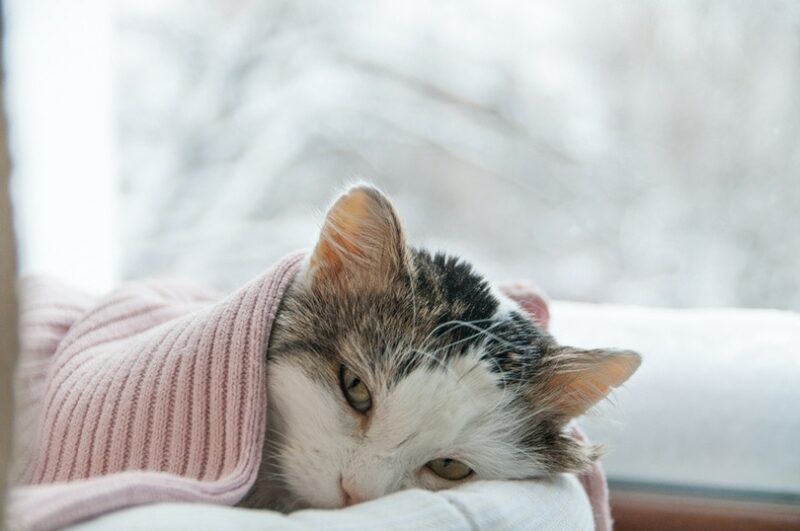
Conclusion
Potassium is an important electrolyte for a cat’s body to function properly. Low blood potassium levels, or hypokalemia, can be caused by several health problems, such as chronic kidney disease in cats. Potassium supplementation for a cat with hypokalemia is an important treatment to support a healthy electrolyte balance and the normal functioning of the nerves, muscles, and heart. Since too high blood potassium levels pose a significant health risk to a cat, it is important to follow your veterinarian’s recommendations when giving potassium supplements to your cat.
- Related Read: 6 Foods High in Potassium for Cats (Vet Answer)
Featured Image Credit: Casimiro PT, Shutterstock


